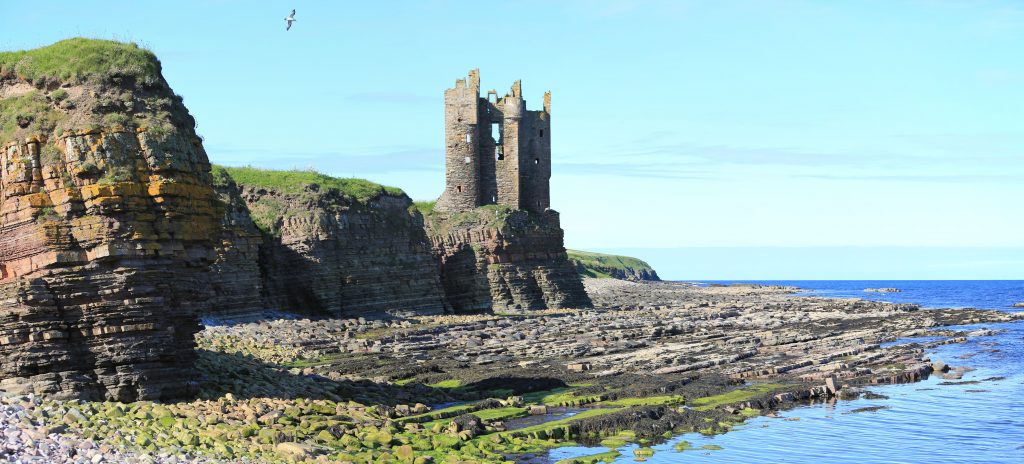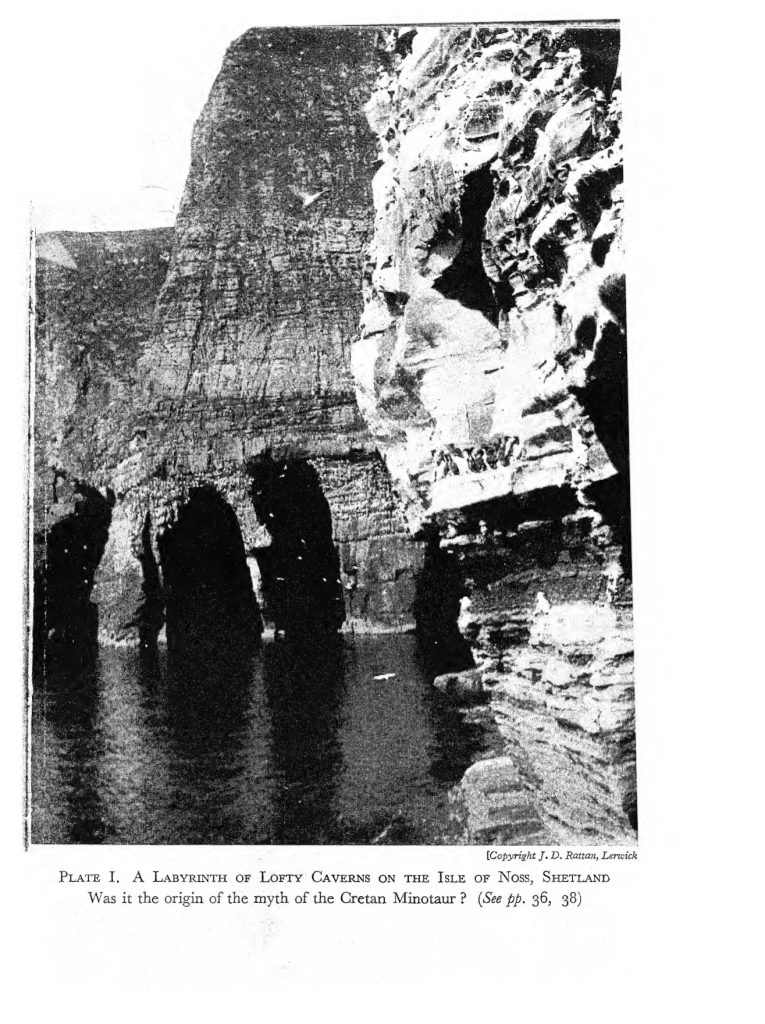
The author William Comyns Beaumont in his book Britain The Key To World History claimed that the fabled Atlantis was located in what is known today as the British Isles & Ireland. The Orkney and Shetland Islands were the centre of this civilisation, as well as being the location of Minoan Crete and the Ur of the Chaldees.
Plato described Atlantis as being comprised of 3 concentric rings with sea between them and a central plain that was at least 370km wide. This does not sound like a ‘natural formation’ at all but rather artificial construction (at least the concentric rings).
I have been researching the area to see if remains are still visible today and I can confirm that indeed there are many. Much of what is seen as ‘natural coastline’ in parts is in fact remains of structures. Whilst this does not confirm that Comyns Beaumont was right about the location of Atlantis, there are certainly many remains of a huge scale in that part of the world. Indeed, some islands also appear artificial. The scale of some of these remains are frankly mind-boggling, and utterly disprove the notion that ancient man was primitive.
We will start this series of posts by looking at Caithness in north-east Scotland. Further posts will examine the Orkneys, Shetland Islands and Ireland as well as the smaller islands.
All images can be clicked for greater detail, which is recommended to examine signs of their artificial nature. It should be noted that the remains lay shattered in pieces even in Plato’s time.
Caithness, Scotland






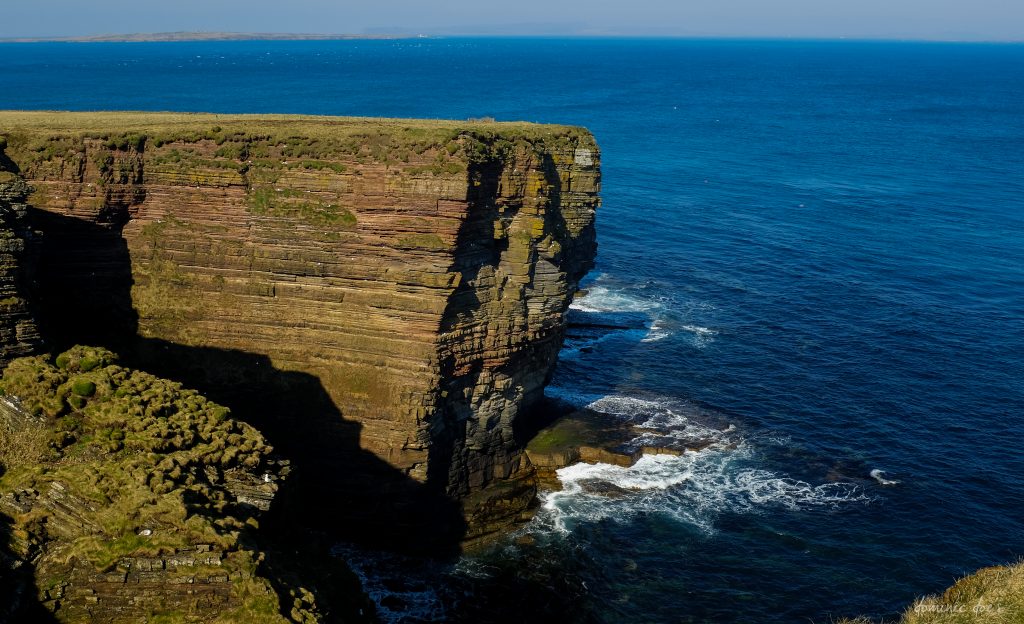

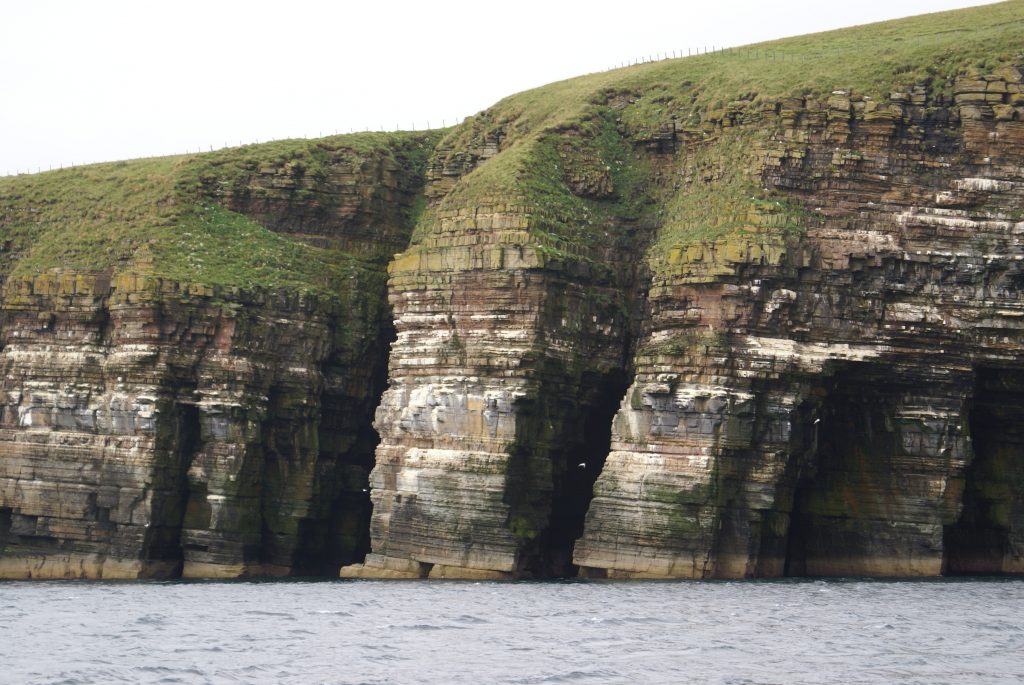
We will now look at the remains of some castles from Caithness. As is common knowledge, castles were often built on prior remains. It is these remains which I wish to draw your attention to.
Castle Sinclair Girnigoe
This castle, which lies in ruins today, was built on earlier structure which make up much of the adjacent coastline today. Even the infamous Wikipedia, which typically denigrates anything not in text books as ‘pseudo history’, states that “There is some evidence to suggest that the castle was built on the foundations of an earlier fortalice”.

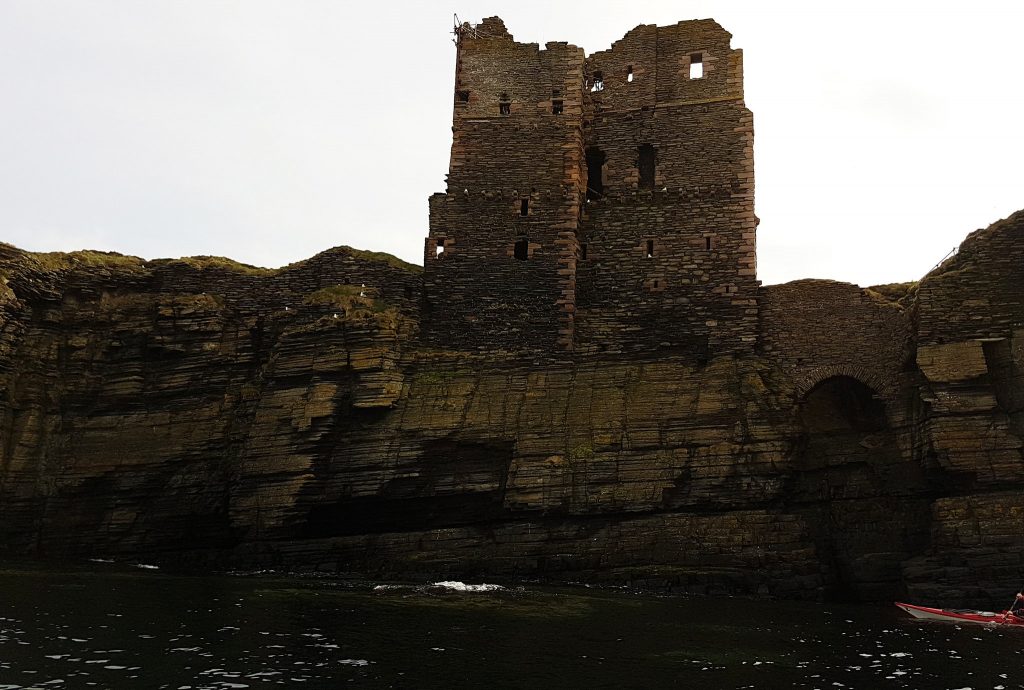

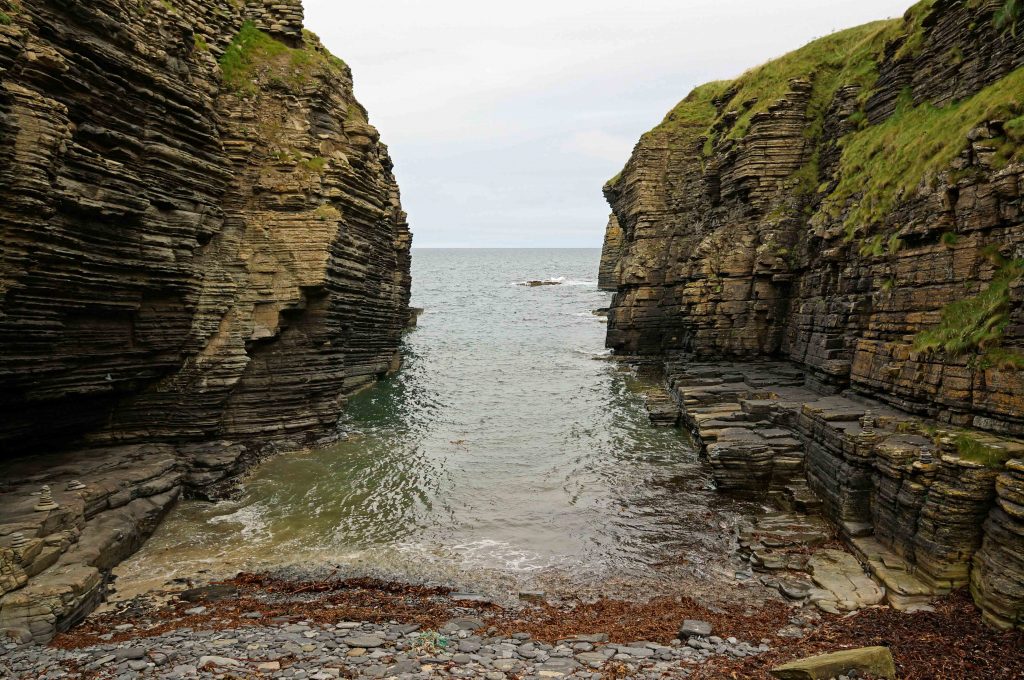
Bucholie Castle
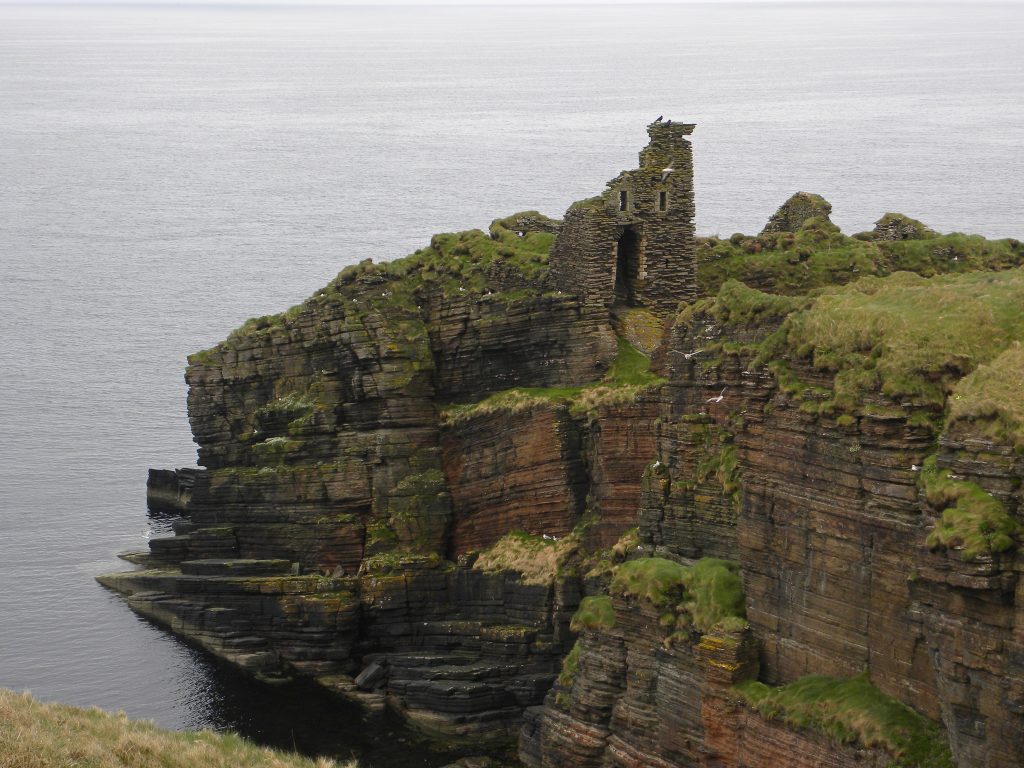
Keiss Castle
